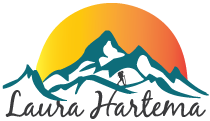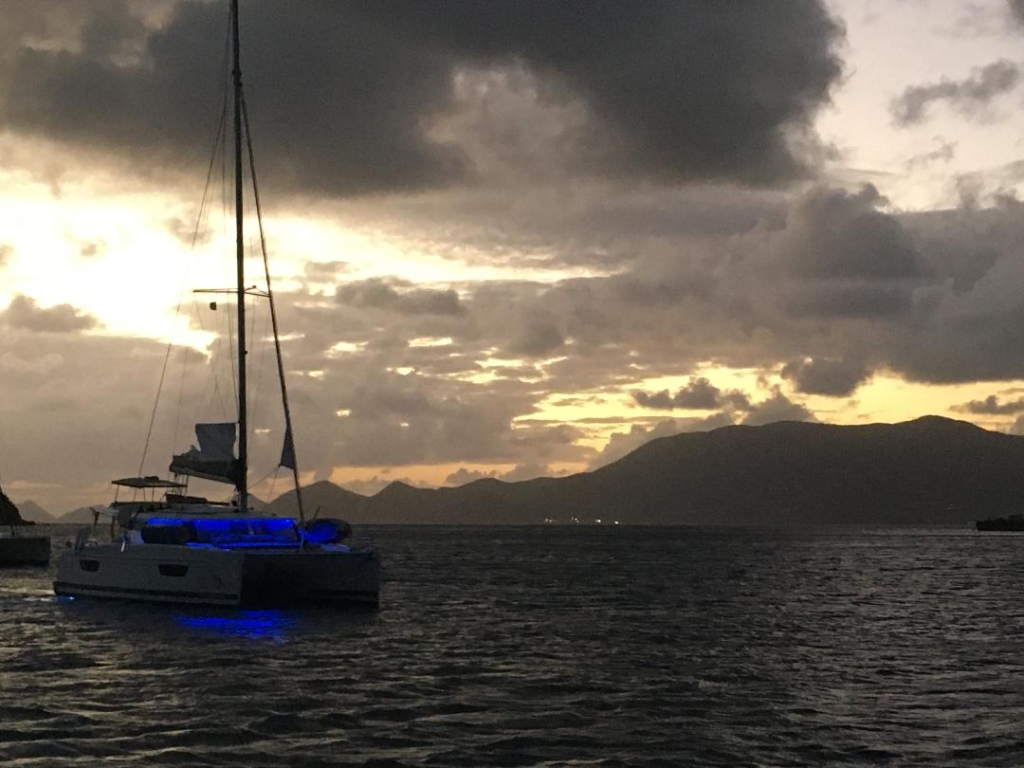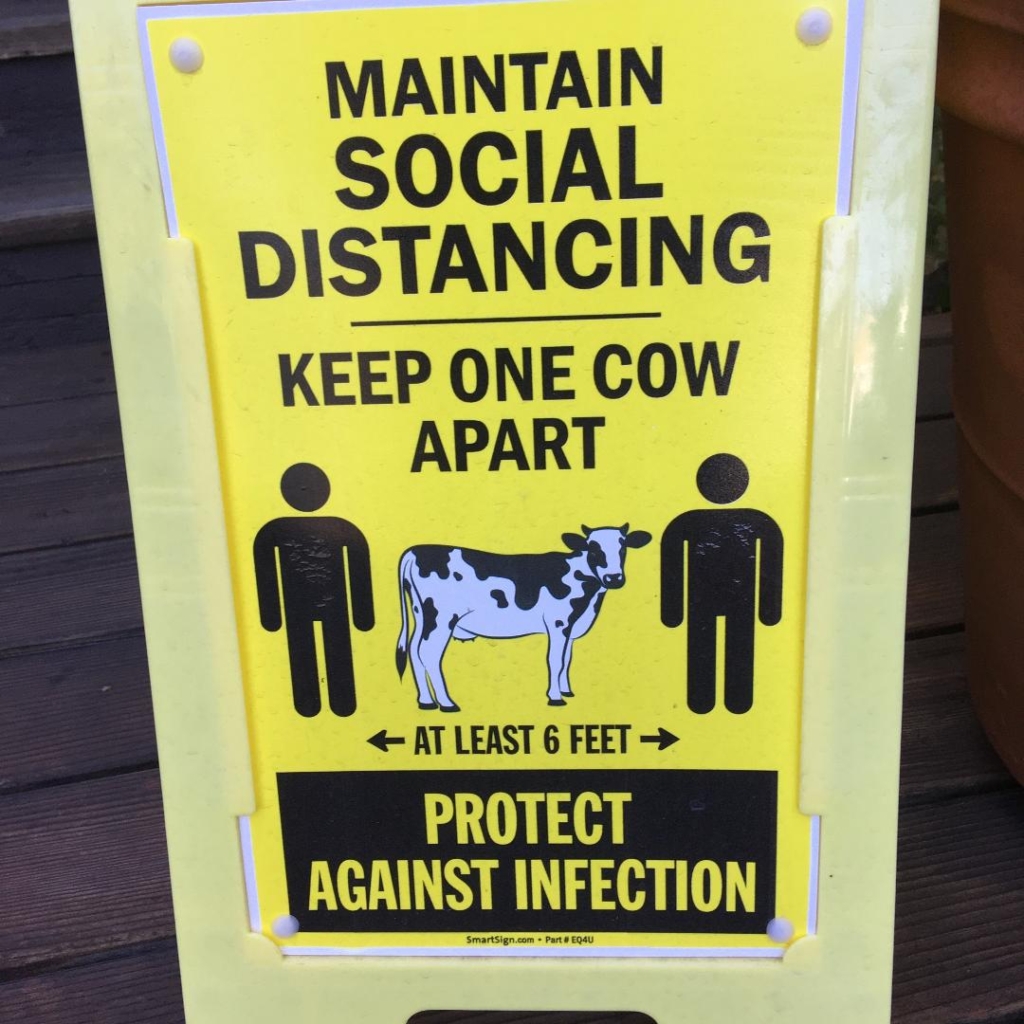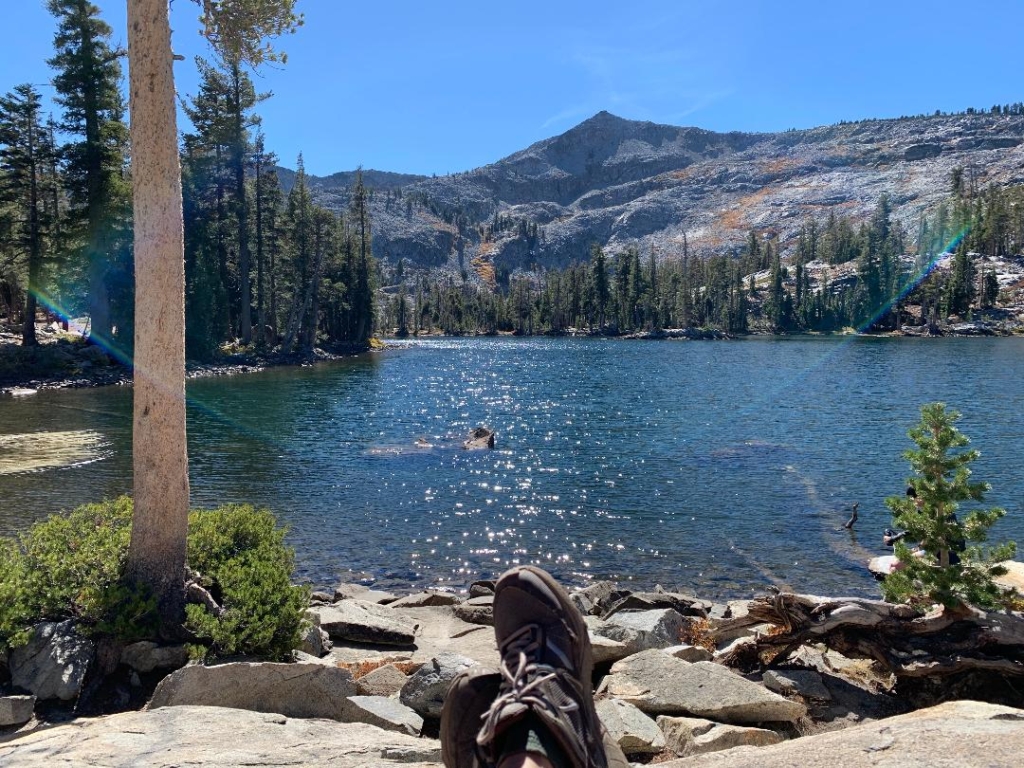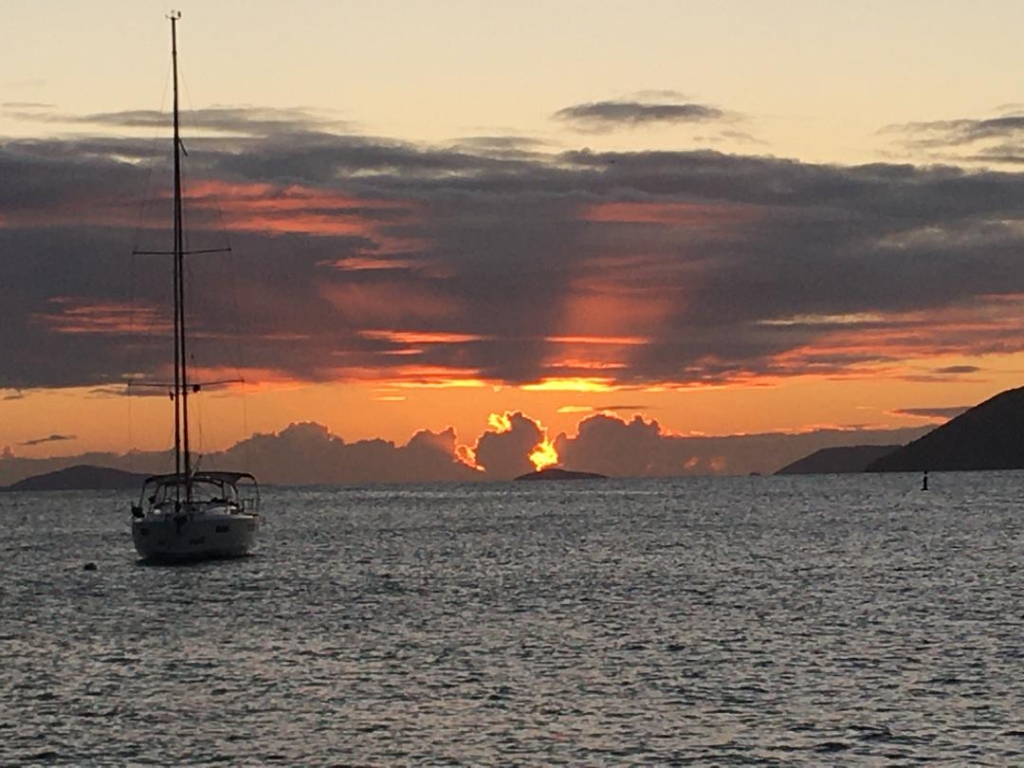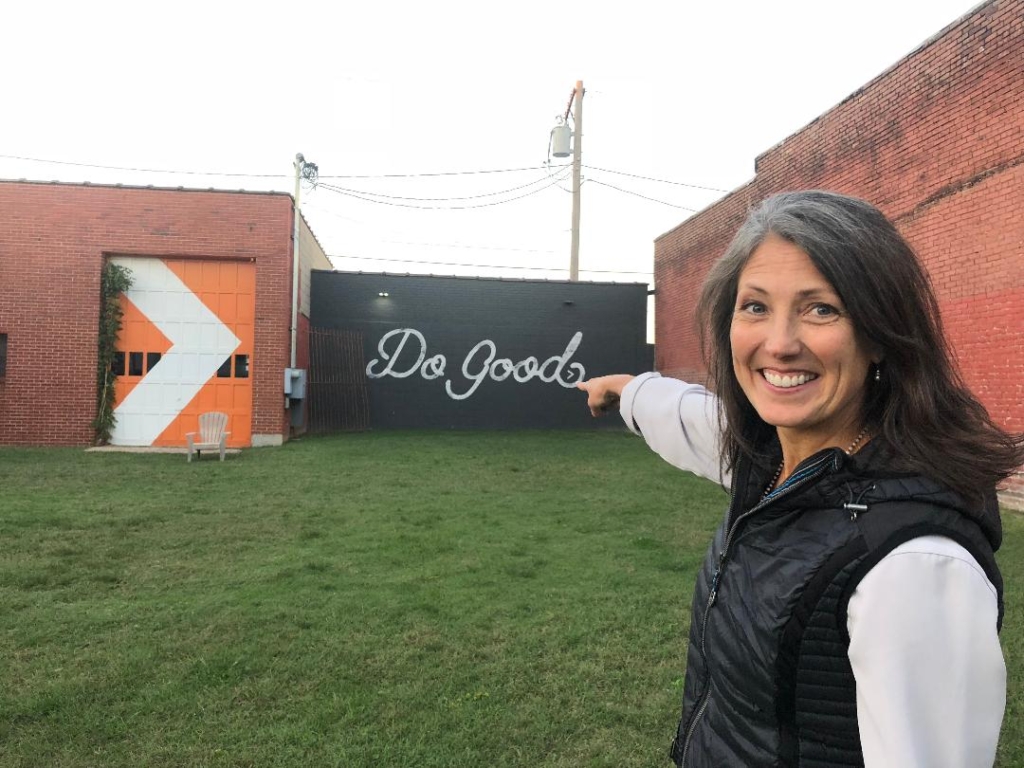“Gimme a break!”
“I need a break.”
“If only I had a break.”
It was a year ago, two years into promoting my memoir, Bering Sea Strong, and these resounding thoughts filled my every breath. Two of my life’s passions—my book and my ecologist day job—left me exhausted and wanting to run for the hills. Sometimes, we need an escape.
Other times, a worldwide pandemic will do.
Coronovirus! What’s that? It’s now here in Seattle? Sounds like a great time to vacate. I set sail on a catamaran in the British Virgin Islands to bathe in sun, wind and sea, to laugh, play, and rebalance. After a healthy dose of no-news-is-good-news avoidance, I was filled, refreshed, and revived. But word spread like the virus: Everything is shutting down. Get out of Dodge. I hopped the last crowded ferry off the isles and boarded a nearly empty plane homeward.
Enter the Covid-dimension.
Who could guess Covid-19 would become the largest global health emergency in my lifetime to date? Illness could range broadly from mild to sadly, fatal, for some of my closest friends’ family. People would work from home, or worse, lose jobs and wages. Students couldn’t return to the classrooms. Gyms, retailers and restaurants would reduce their occupancy or close. People would really wash their hands. We’d stay six feet apart and greet by knocking elbows. We’d cover our faces with masks to prevent the spread. A complete kibosh on gatherings? No fun for you! To add to the mix, conspiracy theorists, political blowhards and opinion TV and the internet pushed tidal waves of misinformation to notch up the fear factor.
Could something good come from this terrible time?
I call this a life changing, backhanded break. Life slowed way down. An overbooked calendar and FOMO (fear of missing out) disappeared. Noise and air pollution lessened. Wild animals reclaimed their space, once overrun by the public. For the first time we spent long stretches in our own dwellings, those we spend most of lives working hard to pay for. Our ToDo lists shortened for once. Like me, maybe you were able to work from home, in your bad hair and pajamas, and spared from a long commute? We connected with others like never before—over Zoom calls so we could “see” each other. We walked more in our own neighborhoods. We spent quality time in our family bubbles, or with friends, one-on-one in the great outdoors. Many of us got a useful pet: sourdough starter. Many of us continue to celebrate these small joys, brought on by a pandemic.
When I ask others, “What good has Covid brought you?” The message is clear: “I slowed down.”
The world took a collective break.
Though millions have suffered, and we can’t ignore the losses caused by Covid, we can now look forward with big hope for effective vaccines to reach far across the planet.
We each have one precious life. Soon, that life will ratchet back up to pre-Covid levels. We’ll be free to travel, to gather en masse, to hug, to be entertained, and to pursue our interests, all unrestricted. But will you fully return to the race, only to find yourself once again caught up in the same tiresome cycle of stress?
Maybe we don’t need an escape. We need to slow down. Pause long enough to remember: we don’t have far to look for small joys if you keep them at the forefront of your life.
With much optimism, I believe on the other side of this pandemic, awaits an improved “normal,” and hopefully a better you.
Do good. Be better. Live your best.
Love This Day.
Please read my adventure memoir, BERING SEA STRONG, to learn about my three challenging months as the only woman and scientist working alongside 25 commercial fishermen on Alaska’s high seas.
